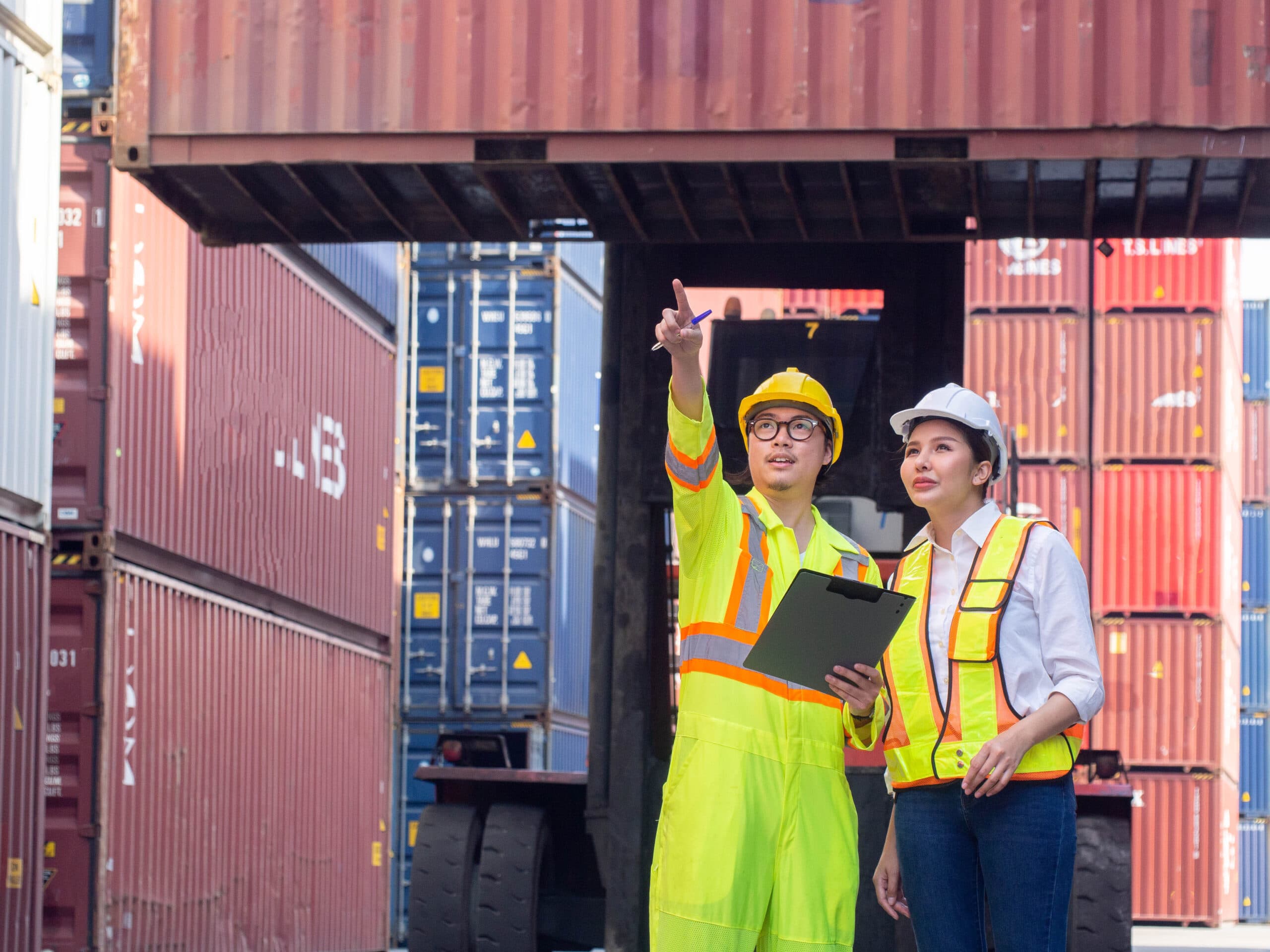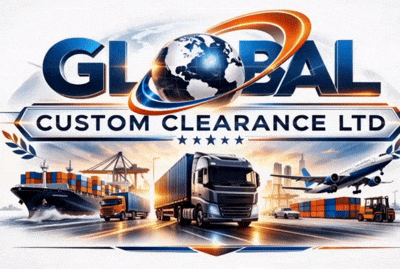Behind the Scenes: What Really Happens at a Customs Clearance Agency in the UK

In today’s fast-paced global economy, the movement of goods across international borders has become a vital part of business operations. However, behind every smooth delivery lies a complex network of checks, paperwork, and coordination — the unseen world of customs clearance. For many businesses, understanding what happens at a Customs Clearance Agency in the UK can be the difference between on-time deliveries and costly delays. Let’s take a closer look at what really happens behind the scenes.
Understanding the Role of a Customs Clearance Agency
A customs clearance agency acts as the essential bridge between importers, exporters, and the UK customs authorities. Their job is to ensure that all shipments entering or leaving the country comply with UK laws, international trade agreements, and documentation requirements. From preparing declarations to calculating duties, these agencies handle the technicalities so that businesses can focus on their operations.
At its core, the agency ensures that goods pass through customs efficiently and legally. This process involves completing and submitting various forms, verifying documents, and liaising with government departments such as HMRC (His Majesty’s Revenue and Customs).
Step 1: Documentation – The Foundation of Every Clearance
Every customs process begins with documentation. A Customs Clearance Agency UK meticulously checks all paperwork to ensure it meets legal and procedural requirements. These documents typically include:
- Commercial Invoice – outlining the value, quantity, and nature of the goods.
- Packing List – providing detailed item descriptions for inspection.
- Bill of Lading or Air Waybill – acting as proof of shipment.
- Import or Export Licenses – required for restricted items.
- Certificates of Origin – verifying where goods were manufactured.
Agencies review each document for accuracy because even a small discrepancy can lead to fines or shipment delays.
Step 2: Classification and Valuation
Once documents are verified, the next step is classification and valuation of goods. Every product must be assigned a unique HS (Harmonized System) code, which determines the applicable customs duty and VAT rate. Misclassification can result in overpayment of taxes or legal penalties, so precision is crucial.
Valuation involves determining the customs value — the basis for calculating duties and taxes. Factors such as transport costs, insurance, and other charges may also influence the final value declared to HMRC.
Step 3: Submitting the Customs Declaration
After classification and valuation, the agency submits the customs declaration electronically via the UK’s Customs Declaration Service (CDS). This digital system enables real-time tracking and faster processing of entries. The declaration includes details about the importer, the goods, their classification, and the duties payable.
Customs officials may then decide whether to clear the goods immediately or request further inspection. This is where the agency’s expertise and accuracy can save valuable time. Well-prepared declarations are less likely to face additional scrutiny.
Step 4: Duty and VAT Calculations
One of the most critical aspects of customs clearance is calculating and paying the correct duties and VAT. Agencies determine the total payable based on the product classification and country of origin. They may also identify opportunities for duty relief through schemes such as Inward Processing Relief (IPR) or Customs Warehousing, which help businesses manage cash flow effectively.
Ensuring accurate payment and documentation avoids costly penalties and maintains compliance with UK trade regulations.
Step 5: Inspections and Border Control
While many shipments pass smoothly through customs, certain consignments may be flagged for inspection. This could be due to product type, value, or random selection. During an inspection, customs officers physically check goods to verify that they match the documents provided.
A competent customs clearance agency coordinates this process by providing detailed support, ensuring that the inspection is handled swiftly and that communication between customs officers and clients remains seamless.
Step 6: Post-Clearance Support
Once the goods are cleared, the agency’s role doesn’t end there. They often provide post-clearance support, which includes record-keeping, audit preparation, and resolving any compliance queries. Maintaining detailed records is a legal requirement, typically for up to five years, and agencies ensure that clients stay compliant long after the shipment has arrived.
This stage is particularly valuable for businesses managing frequent imports or exports, as it ensures long-term efficiency and transparency in their supply chain operations.
The Human Side of Customs Clearance
While the process might sound purely technical, there’s a strong human element involved. Customs agents rely on years of experience and up-to-date knowledge of trade regulations to navigate evolving rules — especially after changes such as Brexit. They interpret new laws, apply correct tariff codes, and anticipate potential challenges before they disrupt operations.
Each successful clearance reflects the expertise, precision, and proactive problem-solving of dedicated professionals who work tirelessly behind the scenes.
Technology’s Role in Modern Customs Clearance
The digital transformation of the logistics industry has also reshaped the way customs agencies operate. Automation tools, AI-driven analytics, and cloud-based systems now streamline declaration submissions, reduce manual errors, and enhance visibility.
For instance, many leading agencies integrate real-time tracking and automated document management systems, giving clients complete control and transparency over their shipments. This use of technology makes customs clearance faster, safer, and more reliable than ever before.
Why Choose a Reliable Partner
Selecting the right Customs Clearance Agency UK can significantly influence a company’s success in international trade. Experienced agencies not only ensure compliance but also optimize trade operations, helping businesses save money and time.
Global Custom Clearance Ltd UK is one such trusted name that offers comprehensive customs clearance services designed for businesses of all sizes. With a strong focus on accuracy, efficiency, and client support, the company ensures your shipments move smoothly across borders.
From import documentation to final delivery, Global Custom Clearance Ltd UK simplifies complex customs procedures, giving you peace of mind and more time to focus on growing your business.
Behind every seamless shipment lies a team of professionals dedicated to navigating the complexities of global trade. A reliable customs clearance agency serves as your invisible partner – ensuring compliance, preventing delays, and safeguarding your business interests.
Understanding what happens behind the scenes helps you appreciate the meticulous work that keeps global commerce moving – one declaration at a time.



